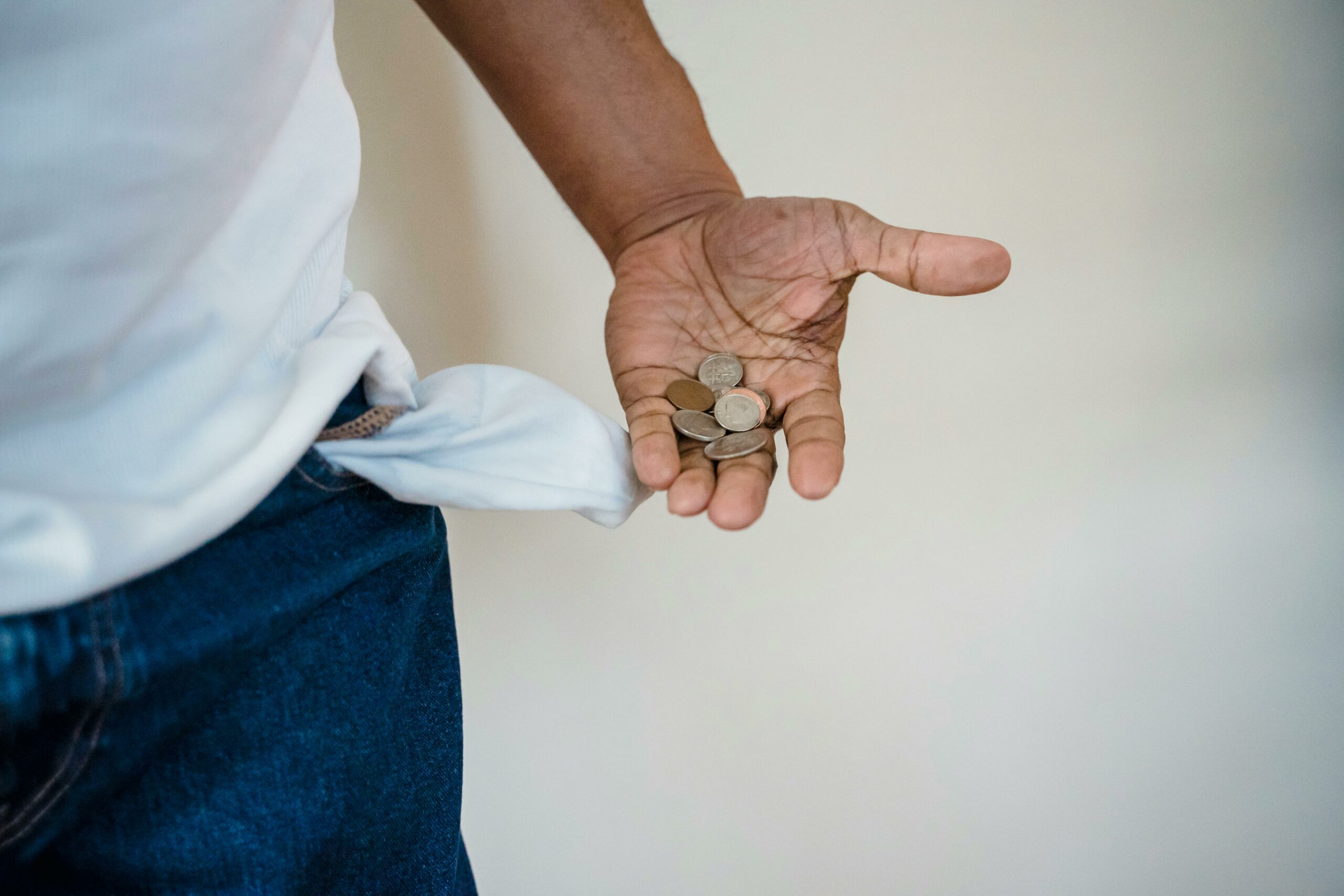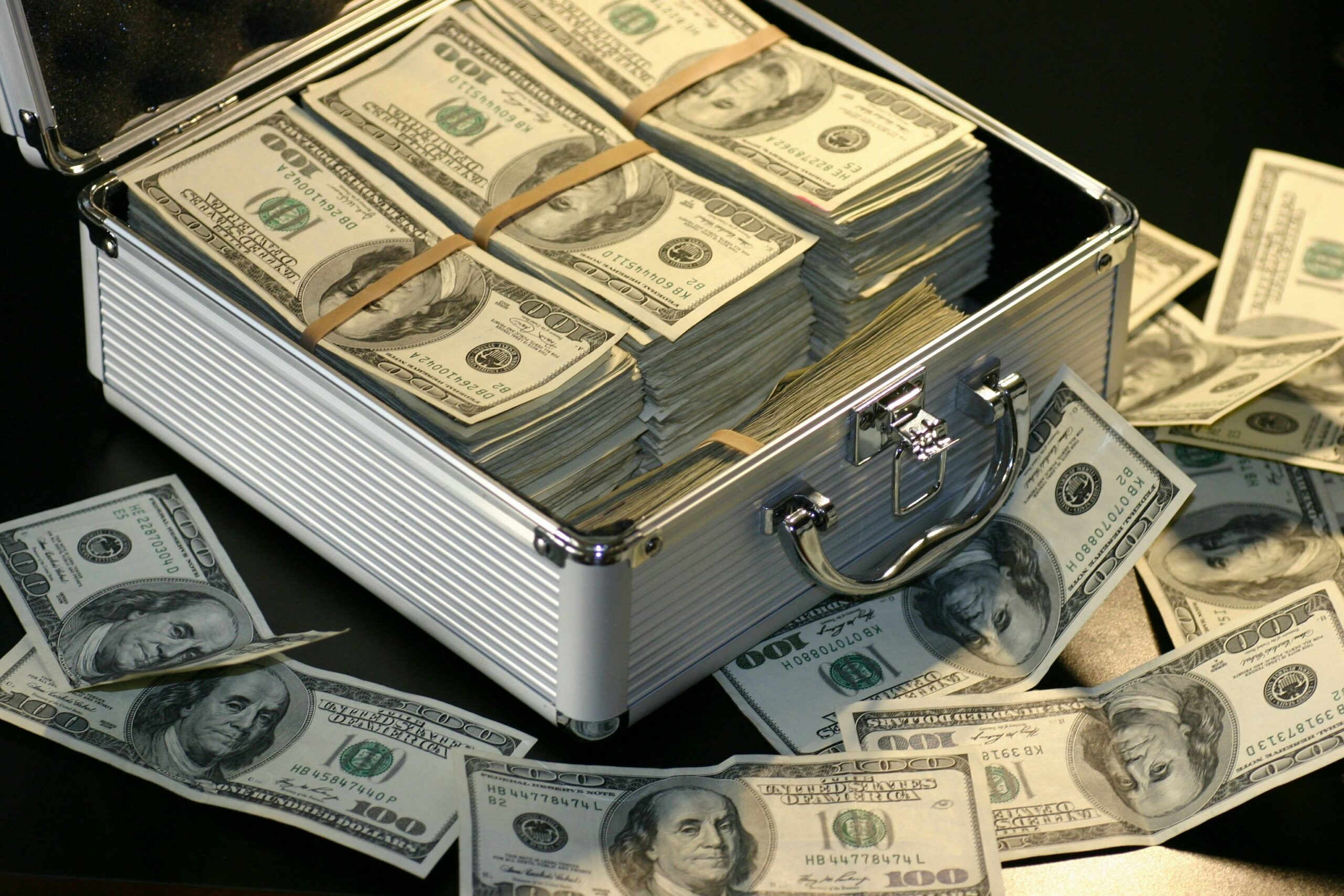Investing in tax liens and deeds is an excellent way to get into the hard assets and real estate space without having to purchase a property. Many Solo 401k clients have chosen to invest in tax liens and deeds for their quick and often handsome returns. Additionally, you can often start investing in tax liens for under $5,000 – which makes it a great starter investment if you are just dipping your toe into alternative asset investing.
Interest rates on tax liens are some of the highest allowed by law, therefore making tax lien investments very desirable to investors.
What is a Tax Lien?
Tax lien investments are financial instrument where you as the investor pay outstanding property taxes due on a property. When a property owner is delinquent in paying his property taxes, the municipality may auction the “lien” on those property taxes to an investor. The investor agrees to pay the property taxes to the county/municipality in return for interest earned on the investment. The property owner then pays you as the investor (plus interest) instead of paying back the county/municipality.
If the property owner pays the taxes (plus interest) on time, the investment is complete and the investor can find another tax lien or other investment to buy. If the property owner doesn’t pay his property taxes, the investor may often foreclose on the property becoming its new owner.
The county/municipality relies on its property tax revenue, so it is willing to sell the tax liens to anyone who will buy. Some Nabers Group Solo 401k accountholders have been able to purchase tax liens for a few hundred dollars. The investment returns on tax liens can vary anywhere from 4-15% per year. Because these are often short term investments (12-months or less) they are a great investment to add to your portfolio while you are waiting for another investment opportunity (e.g. collecting enough cash via contributions, rollovers, and investments to purchase a property)
Where to Buy Tax Liens
Tax liens are generally sold at auction, either in person at the county or even online. There are several courses and trainings on tax liens available to new investors as well. Part of the “magic” in tax lien investing is finding a municipality or county with enough past-due taxes to warrant a good auction, while at the same time having property owners that can pay. After all, if your property owner doesn’t pay his property taxes, you may be able to foreclose on the property. But, not all property is a worthy investment. Determining which municipalities and counties will have the most fruitful tax lien auctions is often a large part of your investment research.
Tax Lien Purchase Process
If you attend an online or in-person tax lien auction, you will be expected to pay the property taxes (purchase the lien) within 48 hours of being awarded the bid. Typically, the tax lien will be paid for by a cashier’s check.
All Nabers Group Solo 401k accountholders have a built-in banking relationship to make this process easy. As the trustee of your Solo 401k plan, you’ll submit a cashier’s check to the county in the amount of the auction bid. It’s a win-win as the county receives their tax money, and you earn interest paid by the property owner for your paying of their property taxes.
Once you receive the paperwork related to the tax lien, you simply hold the investment as a part of your Solo 401k assets. If the property owner pays the property taxes, plus interest, to you as the lien holder, the funds are deposited into your Solo 401k trust bank account and the investment is complete. If the property owner does not pay his property taxes, the Solo 401k may foreclose on the property after a reasonable period of time. If the Solo 401k forecloses on the property, the property would be retitled into the name of your Solo 401k trust. From there, you can keep the property as an asset of the Solo 401k, or sell the asset with the proceeds of the sale going into your Solo 401k trust.
What is a Tax Deed?
Tax deeds operate similarly to a tax lien. The same scenario applies: a property owner is delinquent on her property taxes. However, with a tax deed, when you pay the delinquent property taxes you receive a deed to the property which is then redeemed by the property owner once their property taxes are paid.
Even though the mechanics are the same (paying delinquent property taxes for the property owner with a promise to repay plus interest), with a tax deed sale, you are purchasing real estate. With a tax lien sale, you may not necessarily receive the real estate if the property taxes are left unpaid by the property owner.
As an investor when you purchase a tax lien, you pay the delinquent property taxes and put your own lien on the property. When you purchase a tax deed, the primary motivation behind the investment is to to acquire the property for less than its market value.
When you purchase a tax deed, you are essentially purchasing a piece of property, therefore you should do enough due diligence to ensure ending up with the property is a good investment (either for rental income cash flow or to resell the property).
A tax lien is a one-time purchase in that you’re paying the delinquent property taxes one-time for the property owner. After the investment is paid back, you can decide not to re-invest. Similarly, if you aren’t paid back, you can walk away from the property. With a tax deed, the property becomes an asset of the Solo 401k trust and therefore future tax payments and any past debts on the property are the trust’s responsibility as well.
In summary, tax lien investments pay the principal plus any penalties or interest, where a tax deed will transfer ownership (and all responsibilities/debts associated with said property) to the 401k trust.





